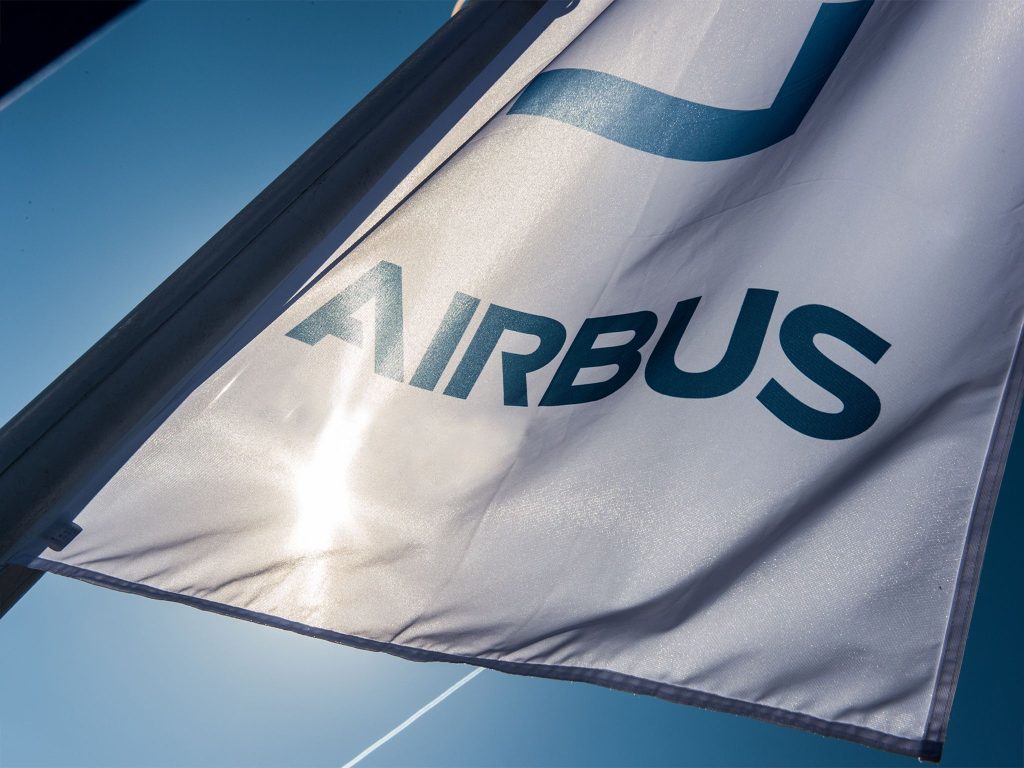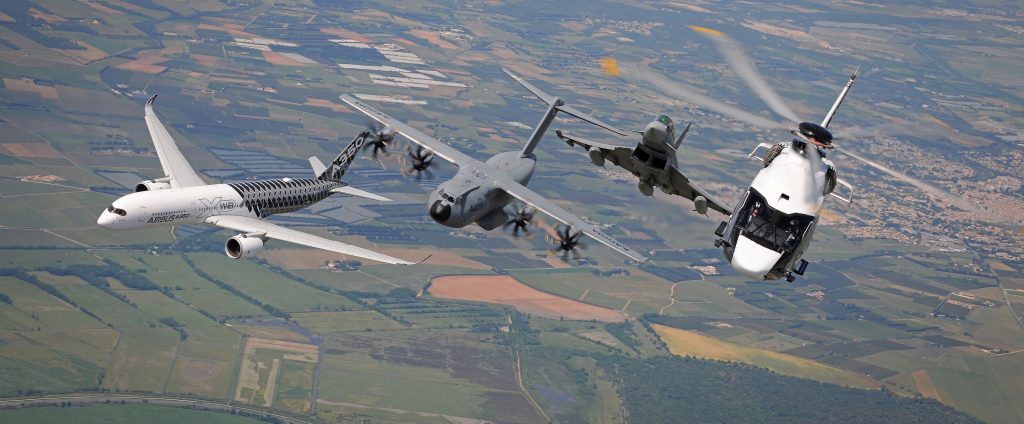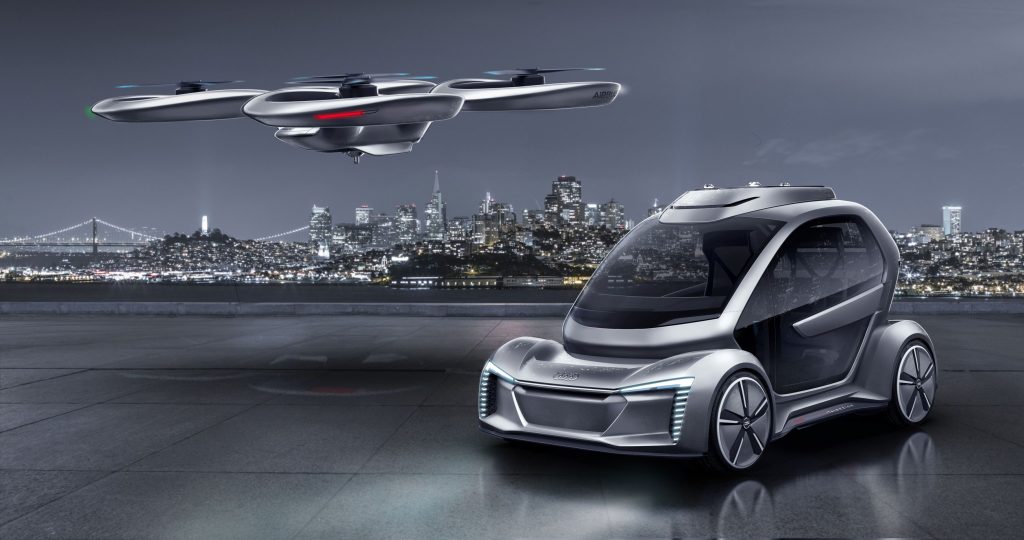
As if to underscore the irreversible direction in which aerospace is moving, Airbus recently selected Dassault Systèmes to help it accelerate the process of digitalizing all of its divisions and product lines, thus increasing its competitiveness by being able to reduce costs, shrink the time needed to bring the next generation aircraft to market, and make significant improvements in product quality.
The five-year agreement comes barely 18 months after Dassault Systèmes and Boeing extended their partnership in which the Chicago-based aerospace giant will expand its deployment of Dassault Systèmes’ solutions across its commercial aviation, space, and defense programs to include the Dassault Systèmes 3DEXPERIENCE platform to deepen its end-to-end digital collaboration, design, engineering, analysis, long-term manufacturing planning software, and shop-floor execution capabilities throughout the company.
Under the agreement with Airbus, the Toulouse, France-based airframe manufacturer will also deploy the 3DEXPERIENCE platform, which will provide digital continuity in a single data model. In addition to making digital design, manufacturing, and services a company-wide reality, the initiative will open the door to breakthroughs in product design, operating performance, support and maintenance, customer satisfaction, and new business models.
It also will lay the foundation for a new European industrial ecosystem. As Europe’s largest aerospace company, Airbus has made it crystal clear that digital transformation is one of the enterprise’s highest priorities in its quest to become more globally competitive and increase market share in the ultra-competitive commercial airline business.

“Becoming an all-digital enterprise is a framework we must master,” Jean-Brice Dumont, head of Engineering, told Dassault’s Compass magazine at the Farnborough Air Show last July. But this won’t happen unless all suppliers make a similar commitment. “The speed at which we can reach our goal will depend on them,” according to an Airbus operating executive helping to oversee digital transformation.
Airbus expects all of its suppliers to participate in the company’s digital transformation, which he believes can be completed within five years, according to Dumont. At that point, Airbus will be capable of reducing the time it brings a clean-sheet design aircraft to market by 30 to 40 percent, he stated,
In the process of completing its enterprise-wide transformation, European suppliers will advance their own competitiveness in terms of being able to innovate faster, lower their operating costs and improve the quality of what they supply their OEM (original equipment manufacturer) customers. “Just as Europe’s aerospace industry lagged its U.S. counterpart in consolidating through the 1990s and early 2000s, so too has its march toward digital transformation been slower,” noted a long-time industry observer. Airbus’ unwavering commitment to digitalization—with the guiding hand of Dassault Systèmes—will serve as an inflection point not just for Airbus itself but also for European suppliers. The end result, according to a widely respected London-based analyst, almost certainly will be a revitalized European industrial ecosystem second to none.
“The whole aerospace industry is going through a radical change,” Dumont said. “We have a vision of where we want to go, and it is a journey on which we must embark; there is no alternative.”
Not all suppliers have gotten that message, since many of them are not yet moving in lockstep with Airbus and Boeing in implementing digital transformation. Some simply are slow to make the substantial investment that will be required, while others are facing cultural headwinds. Then there are those who still aren’t sold on digital transformation’s value. However, all suppliers will soon learn they too have no alternative if they don’t want to get left behind. “The ones who refuse won’t be part of the journey and will find themselves unable to collaborate on production programs,” said Michael Merluzeau, director of market analysis for Seattle-based AirInsight Group.

The fact that both Airbus and Boeing are committed to digital transformation across their operations also has implications for future product development and the industry’s ability to meet airlines’ need for more commercial aircraft as travel demand increases in emerging economies.
For starters, the price of commercial aircraft is likely to come down, based on the potential for digital transformation to significantly improve equipment suppliers’ asset utilization, drive direct and indirect labor efficiency, manage supplier-network costs, and ensure more reliable scheduling and planning stability and accuracy. Moreover, with the ability to bring next-generation airplanes to market faster, Airbus and Boeing will be able to handle higher rates of production without worrying whether suppliers will be able to keep pace, since they too will have participated in digital transformation.
Perhaps the biggest unknown at this stage of digital transformation is how the largest aerospace companies will differentiate themselves once all of them, by necessity, become digital businesses. In such a post-digital world, it may be that speed and time to market, as improved over today’s capabilities as they may become, will remain the key differentiator. Airline customers have shown they have little tolerance for late deliveries, no matter if an equipment supplier misses delivery dates by a matter of weeks. Even digital enterprises will need to stay focused on customer satisfaction, the ultimate discriminator in the marketplace.
